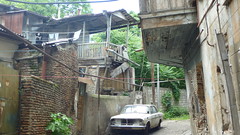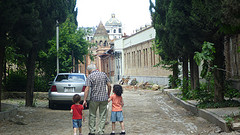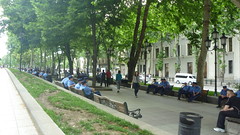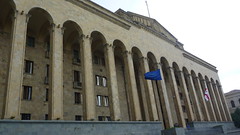
How do we explain poverty to ourselves or to others? When conversations in our communities start about those who live in poverty, how do those conversations sound? Perception of poverty is what it is known as in the academic world and there have been a few researchers looking into this issue in different parts of the world.
The classic characterization you can find in many parts of the world is the ol’ “They’re lazy, if they wanted to they could get out of it.” The other opinion on the matter takes it as more of a systemic thing, as in – those who are poor are poor because the system (economic perhaps) keeps them that way. From there you have variations on both themes, but no matter where you go on this earth, you’ll find opinions about poverty. Some based on first hand experience, some based on direct observation, some based on what they’ve heard or how they feel.
Why does it matter? First of all because if you look at data and history, it is possible to point out where perceptions of poverty can be quite far from reality. Even when they are inaccurate perceptions, they can still have tremendous impact, for example, at the ballot box as we vote for leaders who will represent our opinion on this or other issues at the government level. From there come policies that may address poverty to some degree… again.. influenced by the perception of those who voted.
What is interesting about the research available is the differences not only between nations but within nations and regions. How background, political ideology, religion, and beyond, play a role in how people think about poverty. Who are the groups? How do they differ in terms of perception of poverty? – Those details I will assemble in my next article.




